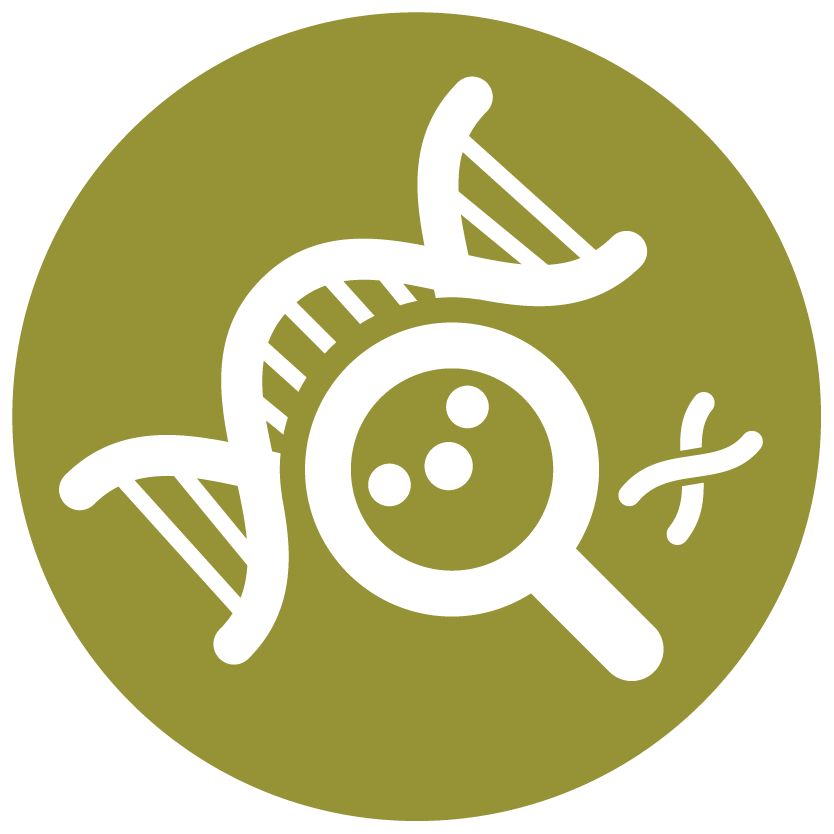Discovery and Basic Research
Novel Molecular Targets for the Treatment of HIV-Associated Neurocognitive Disorders
Tuesday, October 22, 2024
10:30 AM - 11:00 AM MT
Location: 251 F

Reina Bendayan, Pharm.D., FAAPS, FCSPS, FCAHS (she/her/hers)
Professor of Pharmaceutical Sciences; Leslie Dan Faculty of Pharmacy
University of Toronto
Toronto, Ontario, Canada
Speaker(s)
Approximately 50% of HIV-infected individuals develop HIV-Associated Neurocognitive Disorders (HAND), manifested by declined motor/cognitive functions. Activation of peroxisome proliferator-activated receptor gamma (PPARγ), a transcription factor known to regulate glucose/lipid metabolism can also exert anti-HIV/anti-inflammatory effects. We hypothesized that PPARγ activation by a novel partial agonist, INT131, could suppress HIV-associated brain inflammation in vivo, in an ecotropic HIV-1 (EcoHIV) mouse model representative of HAND. The goal of this presentation is to discuss the role of INT131 in reversing infectivity and inflammation in brain regions of EcoHIV infected mice.
Using qPCR analysis, we have quantified markers for viral genes (Vif , Tat), inflammatory cytokines/chemokines, blood-brain barrier (BBB) tight junction proteins, and examined BBB permeability applying the NaF permeability assay, post intracranial injection of saline or EcoHIV (2x108 pg/ml) in: i) non infected mice, ii) infected EcoHIV mice, and iii) infected EcoHIV mice treated with daily oral administration of INT131 (50 mg/kg/day).
Compared to saline injected controls, exposure of mice to EcoHIV, significantly increased the mRNA expression of viral genes (Vif and Tat), inflammatory markers (Tnf-α, Il-1b, Il-6, and Ifn-γ) and decreased BBB markers (Ocln, Cldn5 and Tjp-1) in brain regions. INT131 significantly reduced the expression of inflammatory markers and restored the expression of BBB markers to control levels. We also observed a significant increase in BBB integrity, in vivo, measured by the NaF assay, with INT131 treatment in the EcoHIV mouse model.
Together, our work reveals that PPARγ could constitute a potential novel molecular target for the treatment/prevention of HIV-1 associated brain inflammation, BBB dysfunction and/or HAND. Future behavioural studies will investigate the efficacy of INT13l in reversing neurocognitive deficits in the EcoHIV mouse model. (Supported by Canadian Institutes of Health Research).
Using qPCR analysis, we have quantified markers for viral genes (Vif , Tat), inflammatory cytokines/chemokines, blood-brain barrier (BBB) tight junction proteins, and examined BBB permeability applying the NaF permeability assay, post intracranial injection of saline or EcoHIV (2x108 pg/ml) in: i) non infected mice, ii) infected EcoHIV mice, and iii) infected EcoHIV mice treated with daily oral administration of INT131 (50 mg/kg/day).
Compared to saline injected controls, exposure of mice to EcoHIV, significantly increased the mRNA expression of viral genes (Vif and Tat), inflammatory markers (Tnf-α, Il-1b, Il-6, and Ifn-γ) and decreased BBB markers (Ocln, Cldn5 and Tjp-1) in brain regions. INT131 significantly reduced the expression of inflammatory markers and restored the expression of BBB markers to control levels. We also observed a significant increase in BBB integrity, in vivo, measured by the NaF assay, with INT131 treatment in the EcoHIV mouse model.
Together, our work reveals that PPARγ could constitute a potential novel molecular target for the treatment/prevention of HIV-1 associated brain inflammation, BBB dysfunction and/or HAND. Future behavioural studies will investigate the efficacy of INT13l in reversing neurocognitive deficits in the EcoHIV mouse model. (Supported by Canadian Institutes of Health Research).
Learning Objectives:
- Upon completion, participants will be able to understand the pathophysiology of HIV infection of the brain and its complications
- Upon completion, participants will be able to discuss the therapeutic potential of a novel molecular target, i.e., PPAR-gamma, for HIV infection of the brain and its neurological complications
- Upon completion, participants will be able to address the advantages and disadvantages of PPAR-gamma agonists in the therapy of HIV-associated neurological disorders

